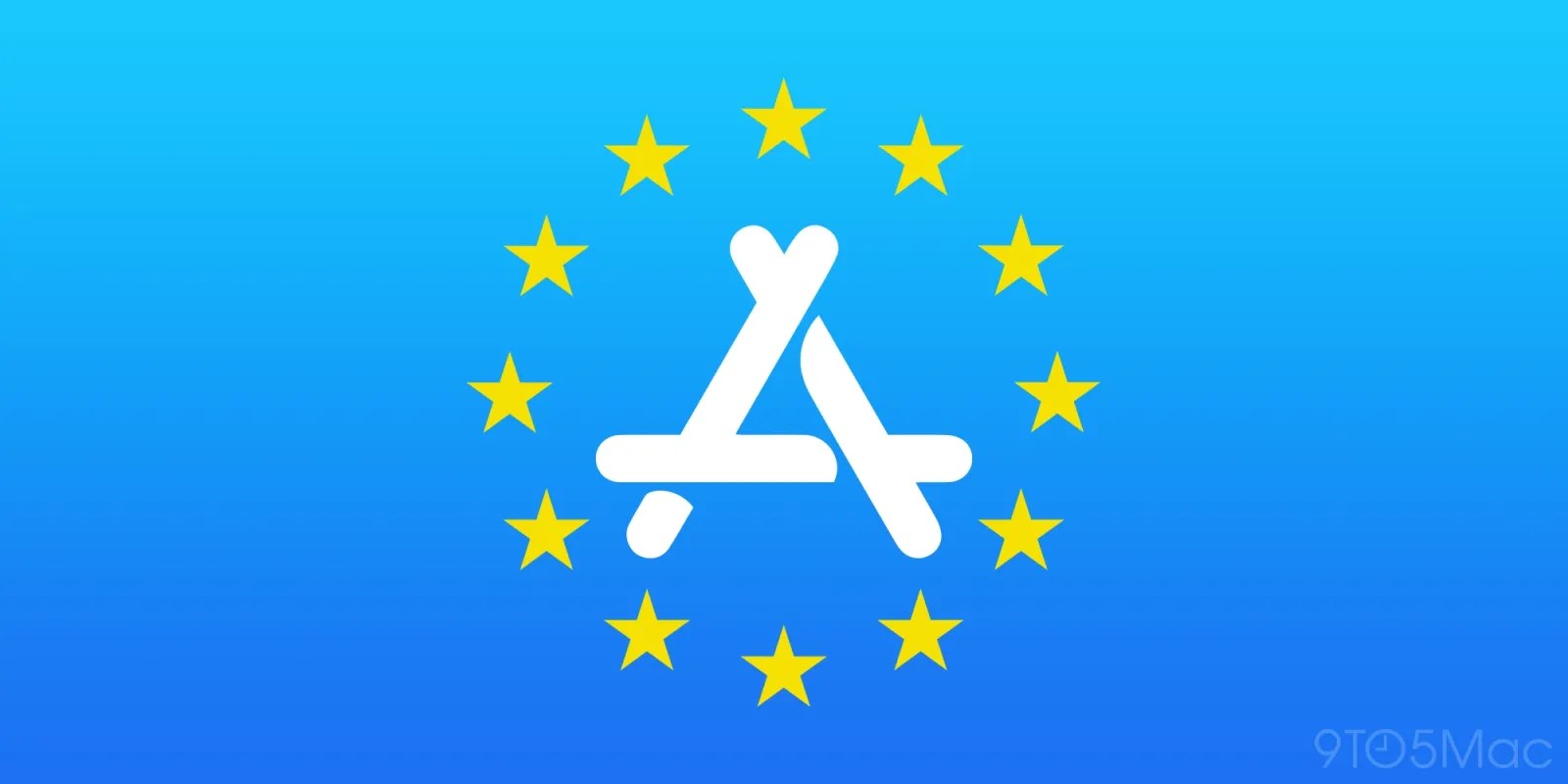
Last month, Apple confirmed that iOS 17.4 would remove support for Home Screen web apps in the European Union. At the time, Apple said this decision was due to requirements under the Digital Markets Act related to support for alternative browser engines on iPhone.
Apple is now walking back that decision and says it will “continue to offer the existing Home Screen web apps capability in the EU.”
Home Screen web apps are here to stay
Apple’s decision to remove Home Screen web apps, also known as progressive web apps or PWAs, faced a lot of criticism. The Open Web Advocacy organization, for example, said “entire categories of apps will no longer be viable on the web as a result” of the change. There were also reports the EU was going to investigate the decision.
At the time, Apple explained that it would have to build an “entirely new integration architecture that does not currently exist in iOS” to address the “complex security and privacy concerns associated with web apps using alternative browser engines.” This, the company said, “was not practical to undertake given the other demands of the DMA and the very low user adoption of Home Screen web apps.”
With today’s announcement, Apple has reversed course and said that Home Screen web apps will continue to exist as they did pre-iOS 17.4 in the European Union. “This support means Home Screen web apps continue to be built directly on WebKit and its security architecture, and align with the security and privacy model for native apps on iOS,” Apple explains today.
This means that all Home Screen web apps will still be powered by WebKit, regardless of whether the web app is added using Safari or not – exactly as it works today and has for years.
Here is Apple’s full statement:
Previously, Apple announced plans to remove the Home Screen web apps capability in the EU as part of our efforts to comply with the DMA. The need to remove the capability was informed by the complex security and privacy concerns associated with web apps to support alternative browser engines that would require building a new integration architecture that does not currently exist in iOS.
We have received requests to continue to offer support for Home Screen web apps in iOS, therefore we will continue to offer the existing Home Screen web apps capability in the EU. This support means Home Screen web apps continue to be built directly on WebKit and its security architecture, and align with the security and privacy model for native apps on iOS.
Developers and users who may have been impacted by the removal of Home Screen web apps in the beta release of iOS in the EU can expect the return of the existing functionality for Home Screen web apps with the availability of iOS 17.4 in early March.
Apple is adding this update to its Developer website on Friday, while also keeping the initial explanation there out of full transparency.
9to5Mac’s Take
To me, this is an example of the vagueness of the Digital Markets Act. Reading between the lines, it sounds like Apple thought it couldn’t offer WebKit-powered Home Screen apps in the European Union because of the DMA’s guidelines on browser equality.
Apple clearly interpreted the guidelines as meaning it had to offer PWA support for alternative browser engines in order to keep offering the feature for Safari and WebKit.
In the two weeks since the initial announcement, and the associated pushback, Apple came to the realization – one way or another – that it was mistaken. Whatever the backstory is, I’m glad Apple listened to the feedback and reversed course on this one.
Follow Chance: Threads, Twitter, Instagram, and Mastodon.
FTC: We use income earning auto affiliate links. More.


Comments